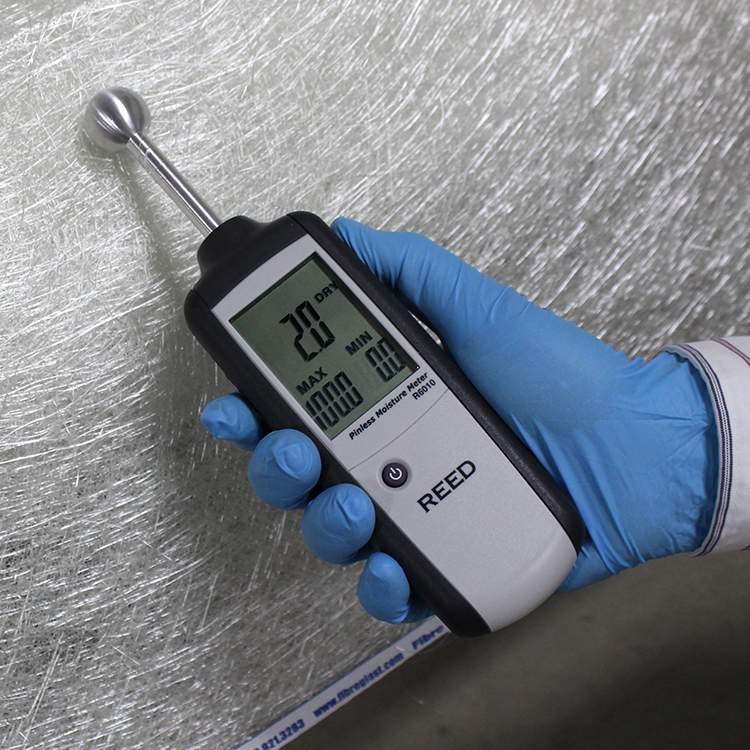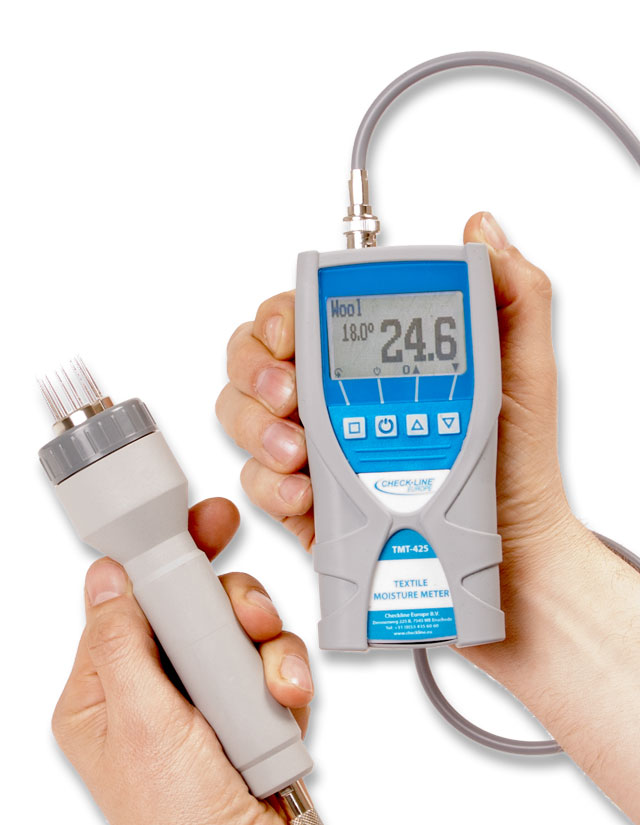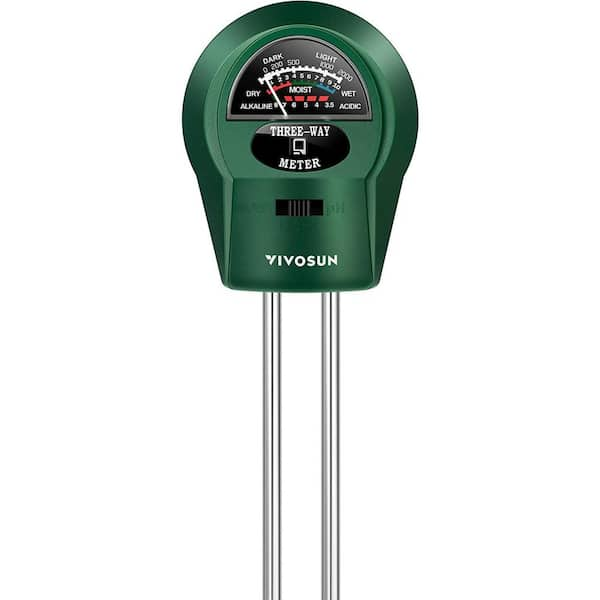Comprehending the Various Kinds Of Moisture Meters and Their Applications
Wiki Article
The Ultimate Overview to Moisture Meters: A Comprehensive Summary and Just How They Can Save You Money
In the world of structure upkeep, building and construction, and numerous markets, the value of precisely measuring moisture degrees can not be overstated. Wetness meters offer as vital tools in discovering and monitoring moisture content in products, aiding in avoiding expensive problems and making certain the quality of products. Comprehending the nuances of various kinds of dampness meters, their applications, and the prospective cost-saving advantages they offer can be a game-changer for experts and organizations alike. Discovering exactly how these devices can not only streamline processes but additionally add to monetary cost savings is a trip worth embarking on.Types of Moisture Meters
Different sorts of moisture meters are readily available for various applications in numerous industries. One typical type is the pin-type wetness meter, which measures the electric resistance between 2 pins inserted into a product. This kind appropriates for wood, drywall, and other structure products. Pinless dampness meters, on the various other hand, usage electromagnetic sensor plates to check a bigger location without causing damages to the material's surface area. These meters are suitable for swiftly analyzing wetness degrees in big areas such as floors and wall surfaces.Infrared wetness meters measure the thermal residential or commercial properties of a product to establish its wetness web content non-invasively, making them valuable for applications where pin or pinless meters might not be ideal. Comprehending the various types of dampness meters readily available can aid markets choose the most proper device for their particular wetness measurement requirements.

Benefits of Making Use Of Moisture Meters

Moreover, making use of moisture meters can bring about boosted energy efficiency. By identifying locations with high dampness levels, such as leaks or bad insulation, modifications can be made to improve energy conservation and minimize utility expenses. In agricultural setups, wetness meters play a crucial duty in maximizing plant returns by allowing farmers to keep track of dirt moisture levels and make notified irrigation choices. In general, the benefits of using dampness meters cover across various markets, giving economical services and advertising better top quality control techniques.
Just How to Select the Right Moisture Meter
Picking the suitable wetness meter includes considering crucial aspects such as material compatibility, dimension array, and calibration accuracy. When picking a wetness meter, it's important to guarantee that the meter appropriates for the details product you will certainly be testing. Different products have differing electrical residential properties that can influence moisture readings, so selecting a meter developed for your material is vital for accurate outcomes. Furthermore, consider the dimension variety of the moisture meter. Make sure that the meter can detect wetness levels within the array needed for your applications. Calibration have a peek at this site accuracy is another vital element to bear in mind (Moisture Meter). Go with a wetness meter with trustworthy calibration to guarantee accurate and regular readings. Some meters may call for routine calibration adjustments, so recognizing the calibration process is essential. By thoroughly assessing these variables, you can pick a dampness meter that satisfies your requirements and offers precise wetness dimensions for your jobs.Correct Methods for Moisture Meter Usage
To guarantee exact wetness analyses and optimize the performance of a moisture meter, utilizing correct techniques is crucial. When using a pin-type wetness meter, insert the pins or probes right into the product being evaluated until they make full call. By following these proper techniques, users can rely on their wetness meter to supply credible dampness degrees, assisting in avoiding pricey damage or making certain top quality in different applications.
Price Savings Via Moisture Meter Applications
Exactly how can the critical utilization of wetness meters result in considerable price savings throughout different industries? Dampness meters play a crucial duty in price savings by stopping potential damage and guaranteeing quality assurance in various industries. In the agriculture sector, moisture meters help in figuring out the optimal time for harvesting crops, avoiding excess or over-drying dampness that can impact the end product's high quality. This accurate surveillance assists farmers stay clear of unnecessary losses and maximize their yield.

Additionally, in the food handling market, wetness meters are important for keeping an eye on item quality and ensuring conformity with safety laws. By accurately measuring wetness material in food items, suppliers can stop spoilage, maintain quality, and decrease waste, causing substantial price savings. In general, the strategic application of dampness meters is a beneficial investment that can lead to significant price decreases and improved effectiveness across various industries.
Conclusion
In final thought, wetness meters are valuable devices for discovering and determining dampness degrees in different materials. By making use of the appropriate moisture meter and adhering to appropriate methods, customers can effectively stop pricey click here now damages caused by excess wetness. Investing in a high quality dampness meter can lead to significant cost savings in the lengthy run by identifying possible problems early and enabling punctual remediation. Ultimately, dampness meters are important tools for preserving the integrity and longevity of frameworks and materials.Wetness meters serve as vital devices in spotting and checking moisture content in materials, assisting in protecting against expensive damages and guaranteeing the top quality of items. Infrared wetness meters gauge the thermal properties of a material to determine its moisture content non-invasively, making them beneficial for applications where pin or pinless meters might not be suitable.Dampness meters supply important advantages in a fantastic read accurately checking and evaluating wetness levels in varied products and settings. In farming settings, wetness meters play a vital function in optimizing crop yields by making it possible for farmers to keep track of soil dampness levels and make educated irrigation choices.In conclusion, wetness meters are useful devices for gauging and discovering dampness levels in various materials.
Report this wiki page